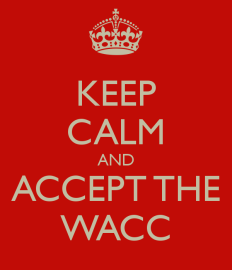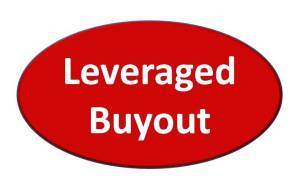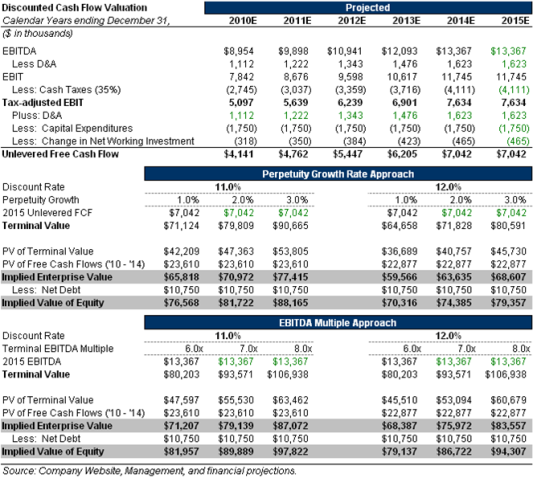
Thanks to those who sent answers in last week!
Feel free to reTweet the questions out or forward it on to anyone who may find them of interest. And of course, feel free to send in your own answers below in the comment section – we’d love to hear from you!
Question:
If Apple buys $100 worth of new iPod factories with debt, how are all 3 statements (balance sheet, income statement, and cash flow statement) affected at the start of “Year 1”?
Hint: One statement has no changes.
ANSWER: At the start of the first year there’s no changes to the Income Statement.
On the Cash Flow Statement, the additional investment in factories would show up under Cash Flow from Investing as a net reduction in Cash Flow and thus, Cash Flow is now down by $100. The additional $100 worth of debt raised would show up as an addition to Cash Flow, canceling out the investment activity and thus, the actual cash number stays the same.
On the Balance Sheet, they net out and it stays balance since PP&E goes up by $100 and debt is up by $100.









